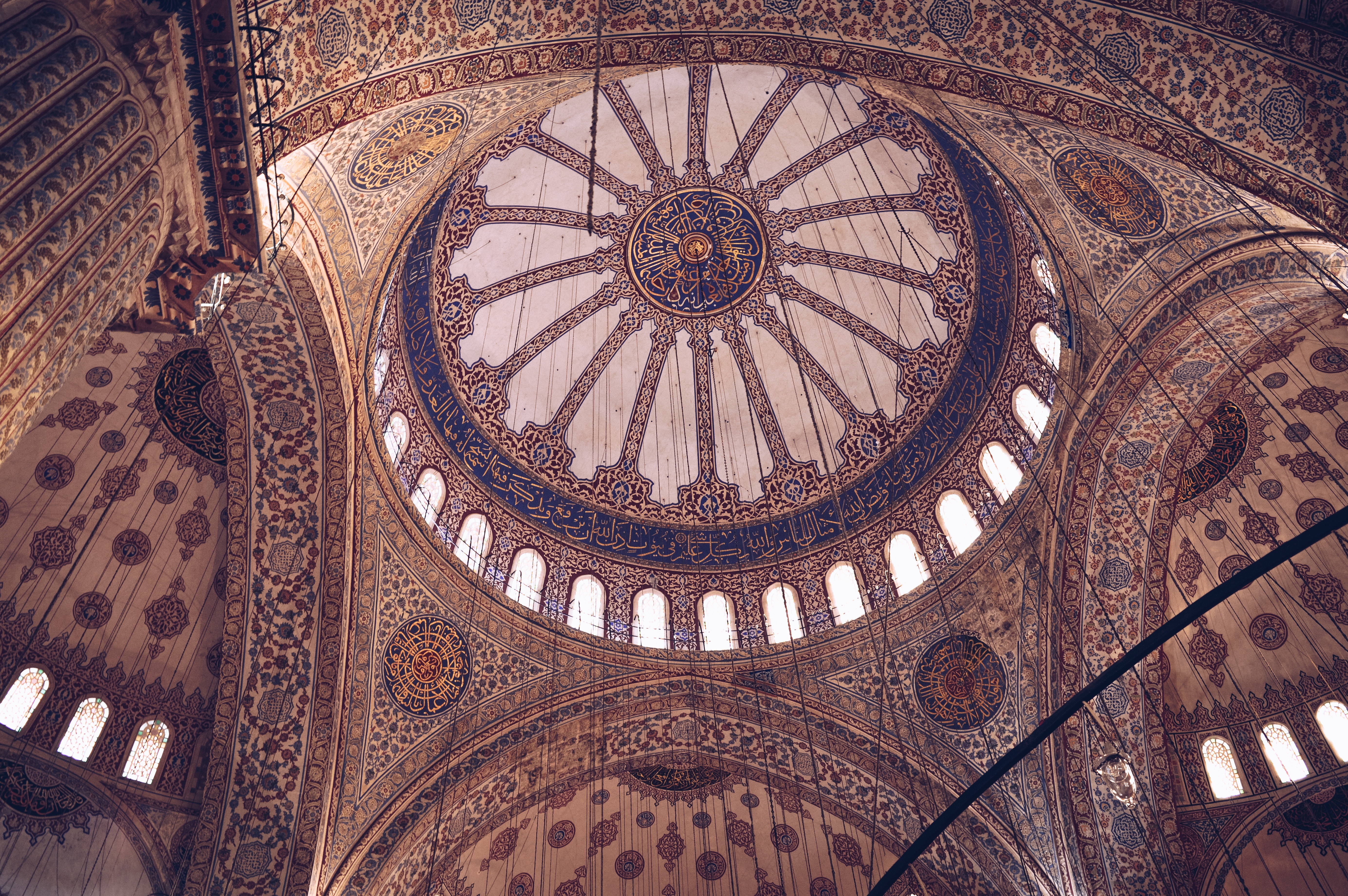One of the fruits that becomes apparent in us when you develop your love for God is the quality of “detachment”. Detachment is not a term that western literature, including the Bible, use often but it is a quality very familiar to all peoples- and is expressed in the Bible in other terms. Whenever a person puts spiritual and moral principles ahead of their own ego or own personal inclinations, that person is manifesting the quality of detachment. If a person in a dispute chooses to compromise for the good of everyone, he is manifesting the quality of detachment. When a politician votes for a policy that doesn’t benefit him personally, but is the “right thing to do”, he is manifesting the quality of detachment. It is whenever we put principle above passion. In truth, on a fundamental level, it is the basis of human civilization.
Detachment is a strong part of all religious traditions (though not always using that word to describe it). The Bhagavad Gita, a primary scripture of Hinduism, is essentially a meditation on the quality of detachment as Arjuna, a young warrior, learns to be detached from the fruits of his actions and hold to his duty and what is right at all times. Detachment from “material things” is a similarly strong idea in Christianity, Islam, and the Baha’i Faith. The human spirit is viewed to be transcendent, belonging to a higher realm, and if we attach our selves too much to material objects or our own ego, we are reducing ourselves to the level of those objects or become captive of our own ego and its desires. Freeing ourselves from these “attachments” is a major goal of the spiritual life.
We have already reviewed some passages from the scriptures reflecting the quality of detachment. Christ’s teaching about not worrying about money is an admonition to practice detachment. In the passages below, ‘Abdu’l-Baha’ explains more about the concept of detachment and some of our future posts will focus on this theme-
“….We must be happy and pass our time in praises, appreciating all things. But there is something else: detachment. We can appreciate without attaching ourselves to the things of this world. It sometimes happens that if a man loses his fortune he is so disheartened that he dies or becomes insane. While enjoying the things of this world we must remember that one day we shall have to do without them.
Attach not thyself to anything unless in it thou seest the reality of God – this is the first step into the court of eternity. The earth life lasts but a short time, even its benefits are transitory; that which is temporary does not deserve our heart’s attachment.
Material favors sometimes deprive us of spiritual favors and material rest of spiritual rest. A rich man said to Christ, “I would fain be thy disciple.” “Go and put into practice the ten commandments,” replied the Christ. “But I know them by heart and have always practiced them.” “Then sell what thou hast and take up thy cross and follow me.” The man returned to his home.
But the rich who are attracted through their hearts have the spark and are like unto brilliant torches… Certain rich ones have sacrificed their possessions and even their lives for this cause. Riches did not prove an obstacle for them and they are like unto stars in the heaven of both worlds – flames of reality.
Detachment does not consist in setting fire to one’s house, or becoming bankrupt or throwing one’s fortune out of the window, or even giving away all of one’s possessions. Detachment consists in refraining from letting our possessions possess us. A prosperous merchant who is not absorbed in his business knows severance. A banker whose occupation does not prevent him from serving humanity is severed. On the other hand, a poor man can be attached to a small thing.
A rich man and a poor man lived in the same town. One day the poor man said to the rich man, “I want to go to the Holy Land.” The rich man replied, “Very good, I will go also,” and they started from the town and began their pilgrimage. But night fell and the poor man said, “Let us return to our houses to pass the night.” The rich man replied, “We have started for the Holy Land and must not now return.” The poor man said, “The Holy Land is a long distance to travel on foot. I have a donkey, I will go and fetch it.” “What?” replied the rich man, “are you not ashamed? I leave all my possessions to go on this pilgrimage and you wish to return to get your donkey! I have abandoned with joy my whole fortune. Your whole wealth consists of a donkey and you cannot leave it!”
You see that fortune is not necessarily an impediment. The rich man who is thus detached is near to reality. There are many rich people who are severed and many poor who are not. (‘Abdu’l-Baha’)
Our greatest efforts must be directed towards detachment from the things of the world; we must strive to become more spiritual, more luminous, to follow the counsel of the Divine Teaching, to serve the cause of unity and true equality, to be merciful, to reflect the love of the Highest on all men, so that the light of the Spirit shall be apparent in all our deeds, to the end that all humanity shall be united, the stormy sea thereof calmed, and all rough waves disappear from off the surface of life’s ocean henceforth unruffled and peaceful. Then will the New Jerusalem be seen by mankind, who will enter through its gates and receive the Divine Bounty. (‘Abdu’l-Baha’)








